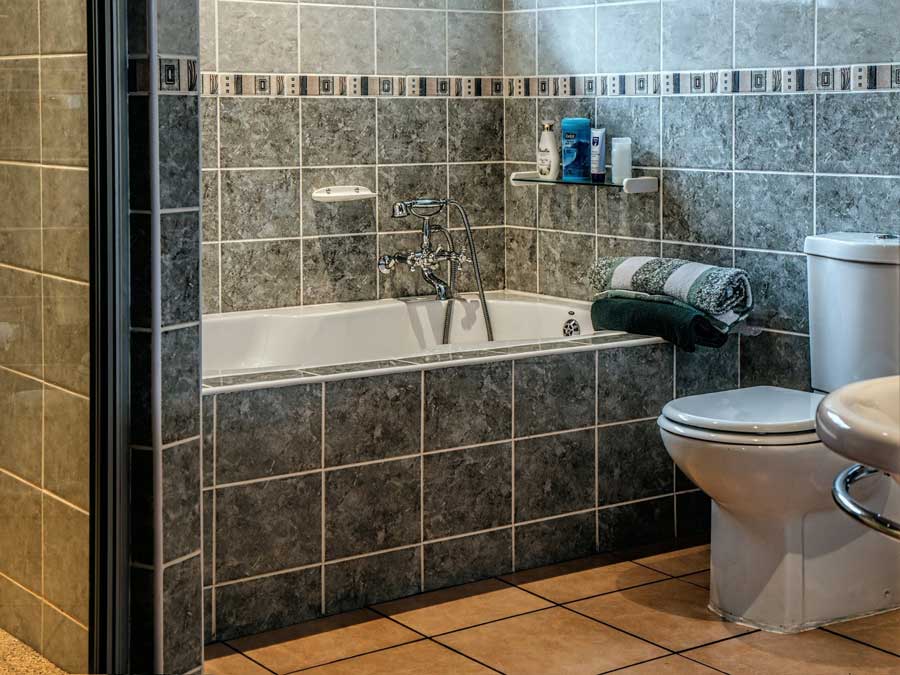Septic Smart
Tips to keep your septic system working at its best.
Chemicals and Septic Tanks
Here is a quick way to evaluate the effect that chemicals will have on your septic tank. Keep in mind that the bacteria in your septic system, either anaerobic or aerobic, are what purifies the wastewater and makes it safe for the environment.
If you introduce a chemical into the tank that kills the “bugs” or even makes them “sick,” they quit digesting the waste and the tank will quit working.
What is "Septic Safe"?
First off, when you see a phrase like “Septic Tank Safe” on a bottle, realize that it doesn’t mean anything. There is no legal standard for what is OK to put into a septic system and what is not.

cheat sheet for homeowners
To help homeowners understand what chemical labels mean, a well-regarded septic tank scientist has published this cheat sheet:
Danger
This means the chemical will kill the bacteria in your septic tank.
Warning
This means limited use should have a minimal effect on your septic system.
Caution
This generally means the chemical will have little effect on your septic tank.
Guidelines to Ensure the Life of the Septic System
Homeowners should follow the recommendations extracted from the Summerfield of Amherst Rules and Regulations (2/6/2016 Edition) under Article II, General Use Provisions, Section S (Septic Systems):
- Avoid using a garbage disposal. Garbage disposals significantly increase the amount of solids entering your system, making your septic tank’s sludge and scum layers accumulate more rapidly.
- Avoid excess use of strong cleaning agents, bleach, or septic system additives. Do not put paint or potentially toxic chemicals down the sink drain into your tank.
- Do not allow water softener waste brine to enter your septic tank- the salt clogs the leach field reducing its life.
- Use liquid detergent rather than powder, and use single-ply toilet paper. 2-ply septic safe toilet paper may create septic problems.
- Cigarette butts, hair, facial tissues, paper towels, bandages, feminine products, baby wipes, dental floss, etc. belong in the garbage, not in the toilet.
- Grease does not break down in the septic tank. Cooking grease should be placed in a can and put into the garbage.
- Be wary of commercial items that claim to clean septic tanks or cesspools or improve their functioning. If problems arise, investigate the cause before using chemical products.
- Add 10 packages of yeast with 2-3 cups of sugar 1 week after the tank is pumped to reactivate the bacteria in the tank. Just flush down the toilet or pour down any drain. Repeat this every 6 months.
Helpful Links
From the United States Environmental Protection Agency:
